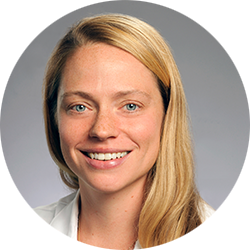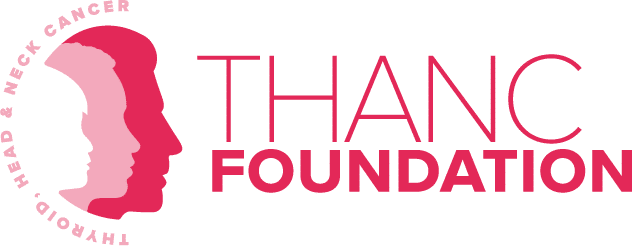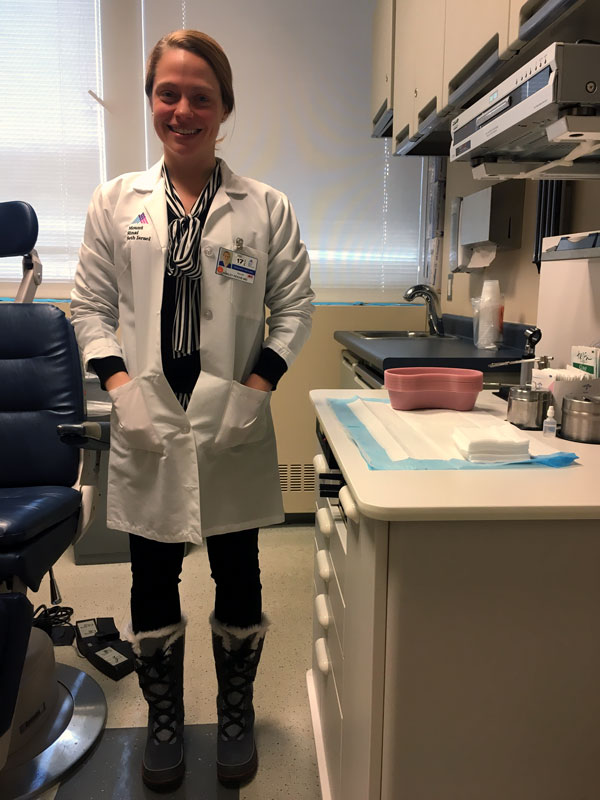For #FanGirlFriday, we interviewed THANC’s current surgical fellow, Ansley Roche, MD.
How did you get into medicine?
In high school, I had this great AP Biology teacher who cared and really saw the wonder in the everyday—it was infectious. I ended up doing well in the class, so I began searching for a way to apply what I was good at and medicine seemed like the obvious next step. While I was a pre-med student throughout college, I decided very early on that I would go at a different pace than the other students. I would take a couple of years out of college to do research in neuroscience and child psychiatry before applying to medical school. During that time, I read an autobiography of a female neurosurgeon that gave me permission to believe that if it [surgery] seems off limits or too hard or if there is a roadblock, my gender shouldn’t be the reason. I attended medical school soon after and found my way to ENT surgery—here I am.
What is your favorite and least favorite part of being a doctor?
We have this patient in the hospital right now. She has been in there a long time and she really misses her family. Every day we come in—strangers trying to take care of her—and I just squeeze her hand, look her in the eyes and say, “You are doing great. You are going to get out of here soon.” I love that woman. So that’s probably my favorite part. I don’t know in what other career you could have this kind of intimate relationship. I mean, if you have ever wondered where your place was in this world or if you have an impact then you can just show up to work in the morning and know that you are doing something that is important today.

My least favorite part is the flip side of all of that, which is that having that type of relationship with someone comes with a very heavy sense of responsibility. It requires a level of selflessness where you give a lot of yourself, and that can be tiring at times. But when you sign up to become a doctor, you are also signing up to remove yourself as the most important person. I stand by that wholeheartedly, but it also means that sometimes you do things that you don’t want to do at times when you don’t want to do them.
We’re curious if as a woman, you have faced certain barriers in your journey to becoming a doctor?
There are little things. For example, if I am standing beside a second-year male resident and we are speaking with a group of doctors about a patient, I have noticed a tendency for the conversation to be directed towards the man, even if he is not the most senior. To be totally honest, I am guilty of that too. I think it is a societal norm. However, it is important that if I am going to call people out on it, I have to check and see if I do it too. That is also why if I notice it happening to me, I don’t get bent out of shape about it. If someone doesn’t want to hear me, then that’s their problem. I am more interested in doing whatever I am supposed to be doing well. I want to be respected for the fact that I am doing the right thing, not for being a woman doing the right thing.
You are our #FanGirlFriday because we’re two of your biggest fans. If you had to #FanGirlFriday someone else, who would it be?
Oh, I know! Shara Hughes. She is an artist, and friend, who has been chosen to be featured in this year’s Whitney Biennial. My husband and I met her in Atlanta during my residency and now, years later, my husband and Shara share a studio space in the city. Ever since she moved to New York City she has been crushing it! And she is just so humble, so humble! It is great. She is manifesting her career dreams and being recognized for her talent.



